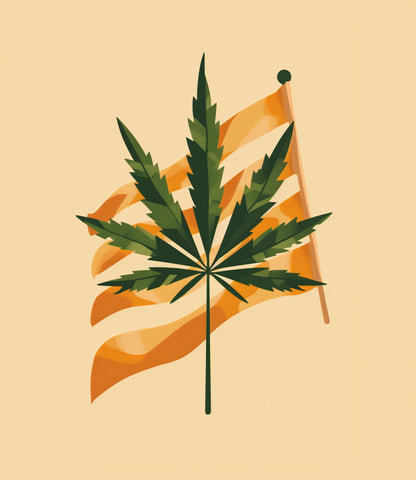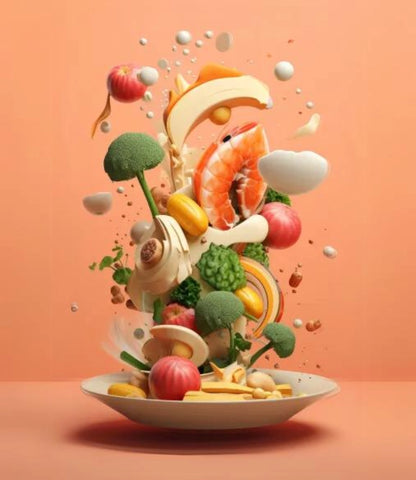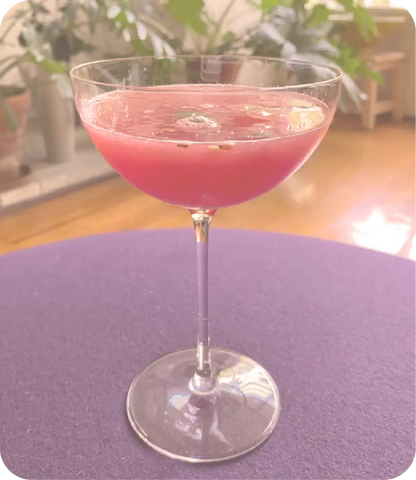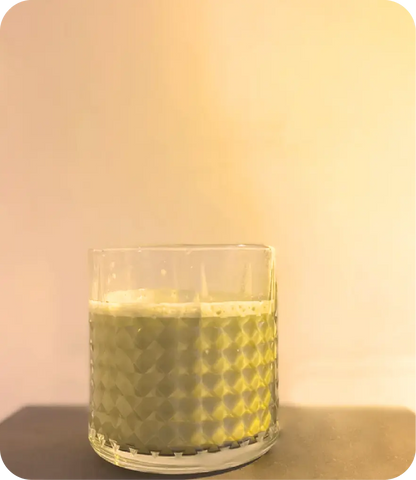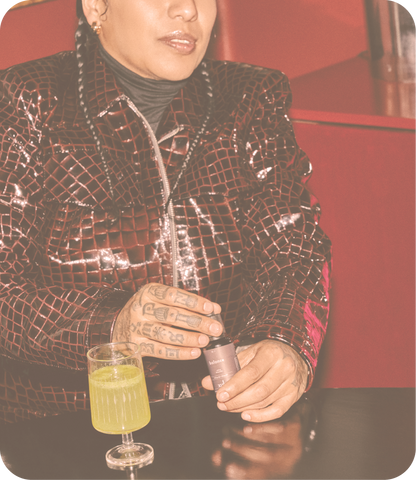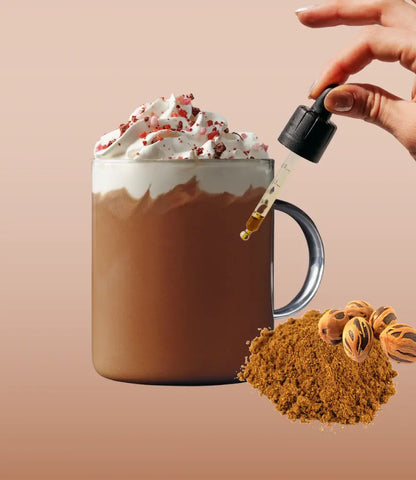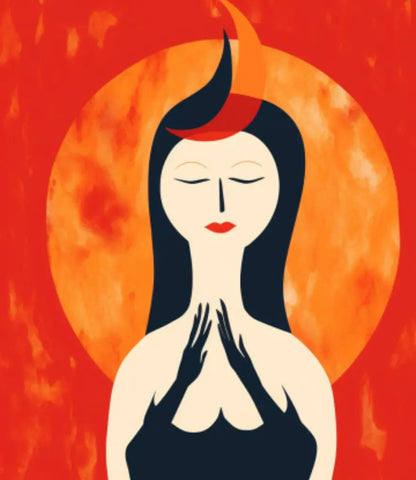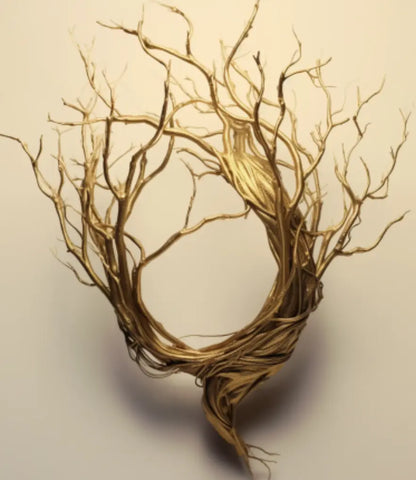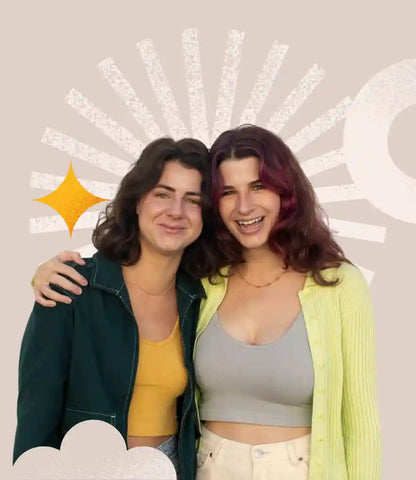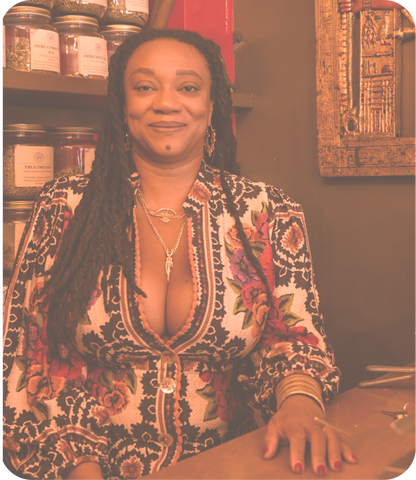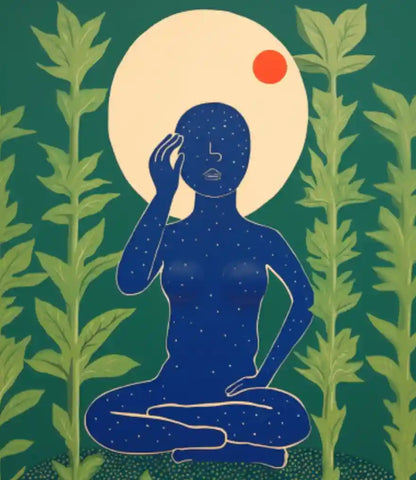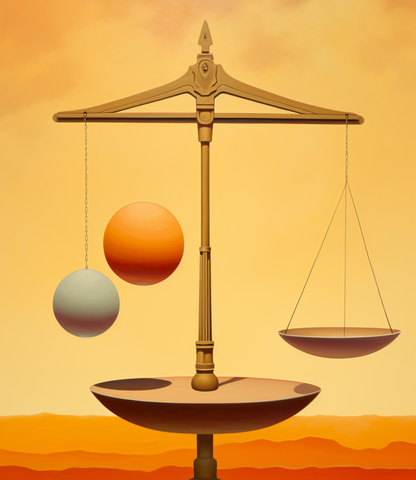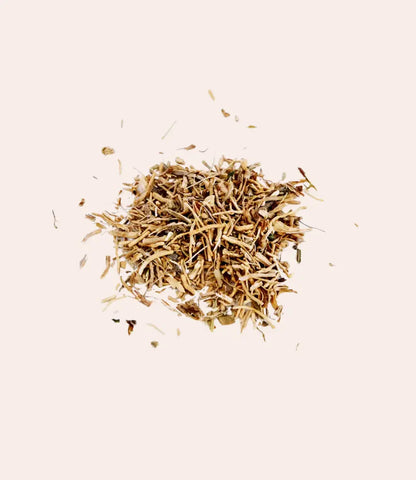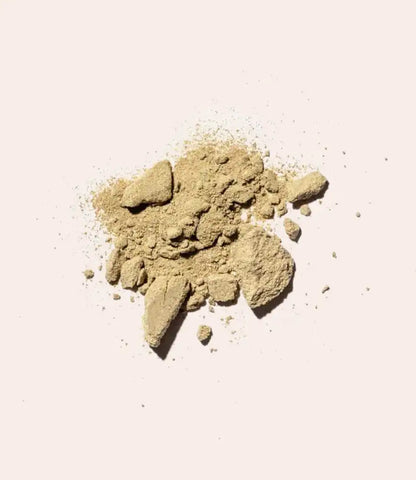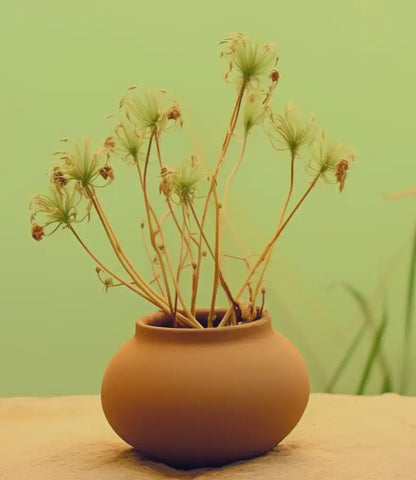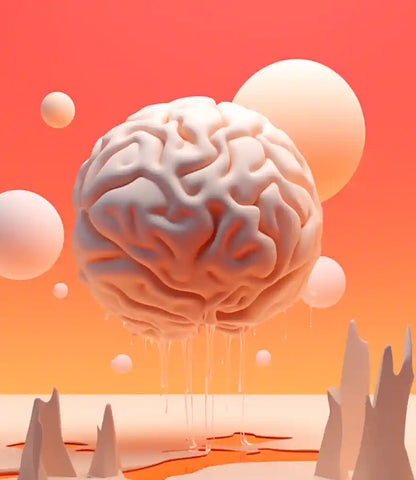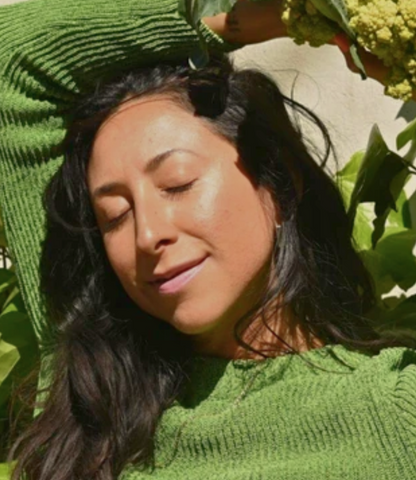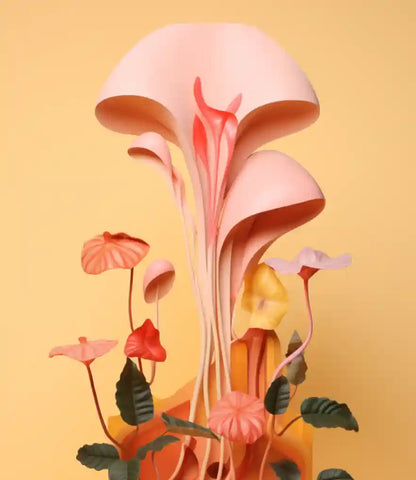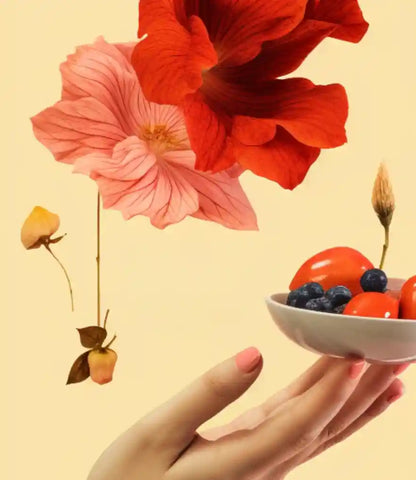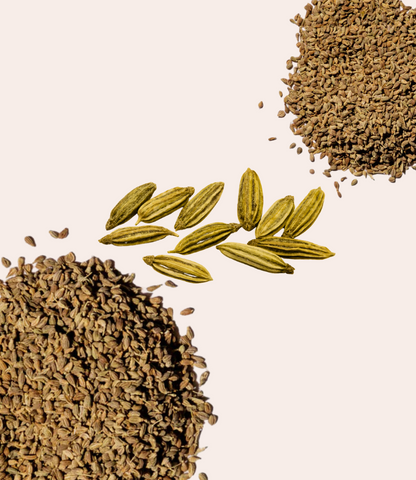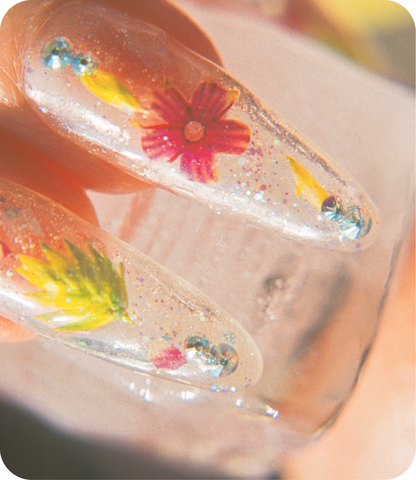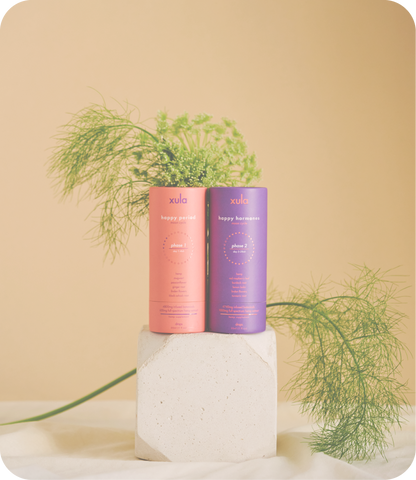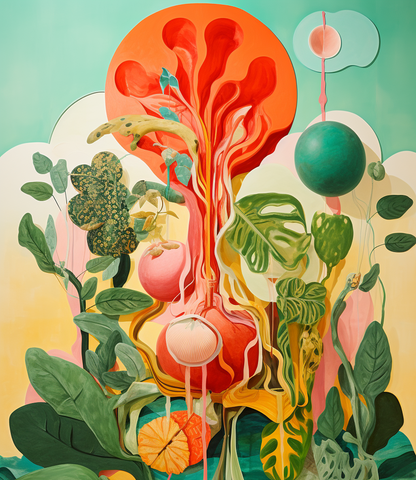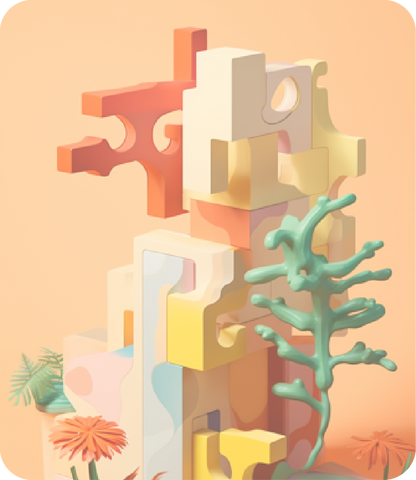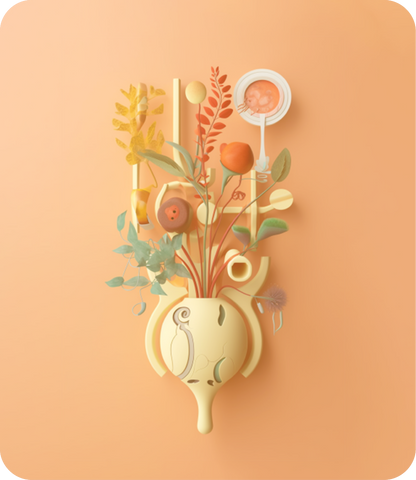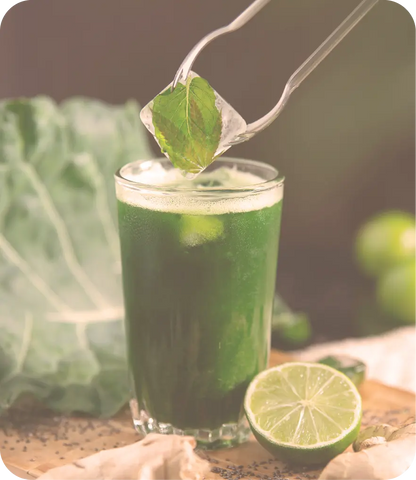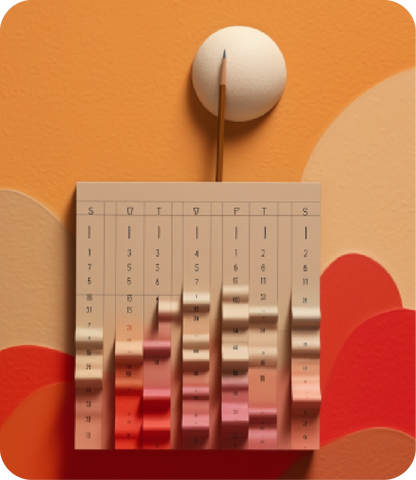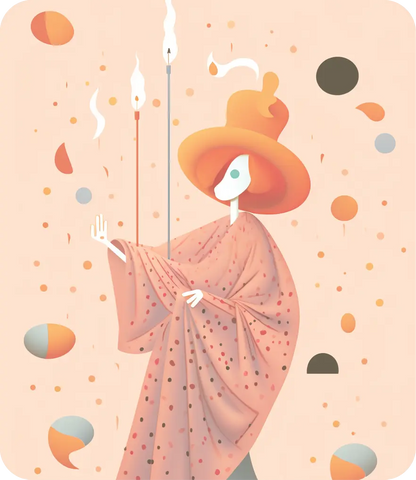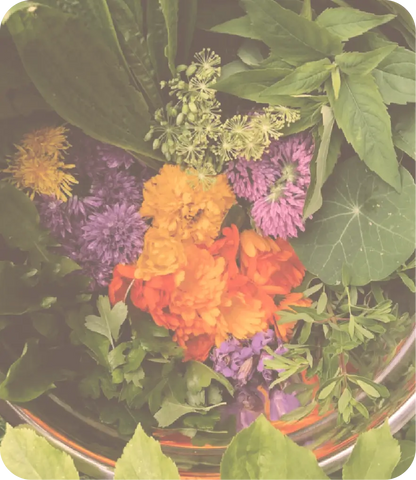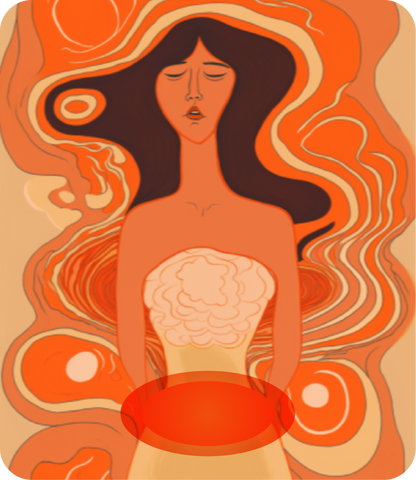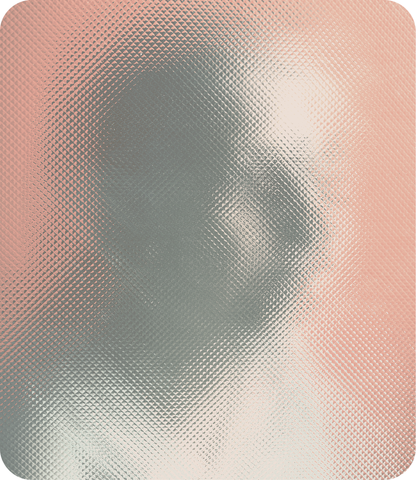
Don't Suffer in Silence: Endometriosis facts and support
Endometriosis is a condition that is too often understudied and overlooked, leading to March being named Endometriosis Awareness Month to spread the word and break the silence.
About 1 in 10 women are affected by endometriosis during their reproductive years, around ages 15 to 49, which adds up to approximately 176 million women worldwide. Unfortunately, endometriosis is a condition that isn’t well understood by conventional medicine. Because of that, women are suffering on a daily basis without understanding the nature of the condition or how to find relief.
If you are among these women and people with a uterus, you know how debilitating, frustrating, and scary it is to experience pain throughout the month. We want to give you some background on endometriosis and ways to find support through natural modalities.
What is endometriosis?
Endometriosis occurs when endometrial tissue, which is normally found in the uterus, grows in places outside the uterus—places where it shouldn’t be like on the ovaries or fallopian tubes, even on the abdomen. Because endometrial tissue responds to hormonal fluctuations (especially rising estrogen) that are activated during the menstrual cycle, the pain associated with endometriosis will follow the same 28-day cycle as your period. So when you bleed during menstruation, endometrial tissues will also bleed, regardless of where it is in the body. The blood causes irritation and inflammation, which results in a whole lot of pain and scar tissue.
The number one symptom women with endometriosis report is pain — with their period, with sex, constipation, nausea, and for some women, their pelvic pain is constant.1
What causes endometriosis?
Unfortunately, there isn’t enough research to tell us what exactly causes endometriosis but we do know some factors that may be involved. While there can be a genetic disposition, experts link endometriosis to chronic inflammation and environmental toxins that not only impair immune function but also lead to high estrogen exposure and hormonal imbalance.
We are overly exposed to environmental toxins from pollution, car exhaust, overuse of plastic, chlorinated pools, and chemical laden hygiene and cleaning products, amongst many others. These toxins contain xenoestrogens2 – estrogen mimickers that build in your body creating estrogen dominance– a type of hormonal imbalance that is often experienced in premenstrual syndrome (pms), irregular menstrual cycles, and conditions like endometriosis, pcos, and fibroids. Like other hormone metabolites, xenoestrogens also need to get broken down by your liver. However, the liver can become overburdened that your body can’t flush them out, but instead recirculate them back into the body.
But there is hope in healing and feeling much better, our fellow women and uterus-havers! While we can’t change genetics, we can reduce inflammation, boost immunity, support our livers, and reduce stress, so that our bodies find healing and safety within.
Natural ways to ease symptoms
Food
Food is always our medicine. Anti-inflammatory and immune-boosting foods like turmeric (found in our Happy Hormones formula), ginger (an ingredient in our Happy Period drops), garlic, onions, fermented foods, broccoli, cauliflower, plus loads of leafy greens not only lower inflammation but also support hormonal detox.
Flaxseed
Flaxseed is a phytoestrogenic food that helps balance natural estrogen levels. Ground this one up and store it in the fridge.
Vitamin B6
Vitamin B6-rich foods like pasture-raised, organic meat and fish, whole organic oats, bananas, and soy are essential foods for balancing estrogen and progesterone levels and liver support.
Sleep and rest
Prioritize sleep and rest. Honoring rest is the single most healing action you can do to reduce pain and stress. Melatonin, a sleep hormone, has been shown in research to help reduce menstrual pain, pain with sex, and pain with urination or having a bowel movement. Reduce the bright lights as the sun goes down, light a candle and take a sleep-supporting herbal tincture (we like the Lights Out! formula) to promote a winding down that will put you to sleep like an angel.
Endometriosis, as well as any other hormonal imbalance, is by no means your fault. The lack of education, research in women’s health, and our conditioning as women in society has left us feeling disconnected and ignored. Your womb is special and unique. Your womb offers you the opportunity to tap into your feminine wisdom and live the life you truly desire.
Sources
Sinaii N, Plumb K, Cotton L, Lambert A, Kennedy S, Zondervan K, Stratton P. Differences in characteristics among 1,000 women with endometriosis based on extent of disease. Fertil Steril. 2008 Mar;89(3):538-45. doi: 10.1016/j.fertnstert.2007.03.069. Epub 2007 May 11. PMID: 17498711; PMCID: PMC2939902.
Paterni I, Granchi C, Minutolo F. Risks and benefits related to alimentary exposure to xenoestrogens. Crit Rev Food Sci Nutr. 2017 Nov 2;57(16):3384-3404. doi: 10.1080/10408398.2015.1126547. PMID: 26744831; PMCID: PMC6104637.
*This article is provided for educational purposes only and is not intended to be used to cure or treat any conditions. Please consult with your physician when seeking medical advice.



